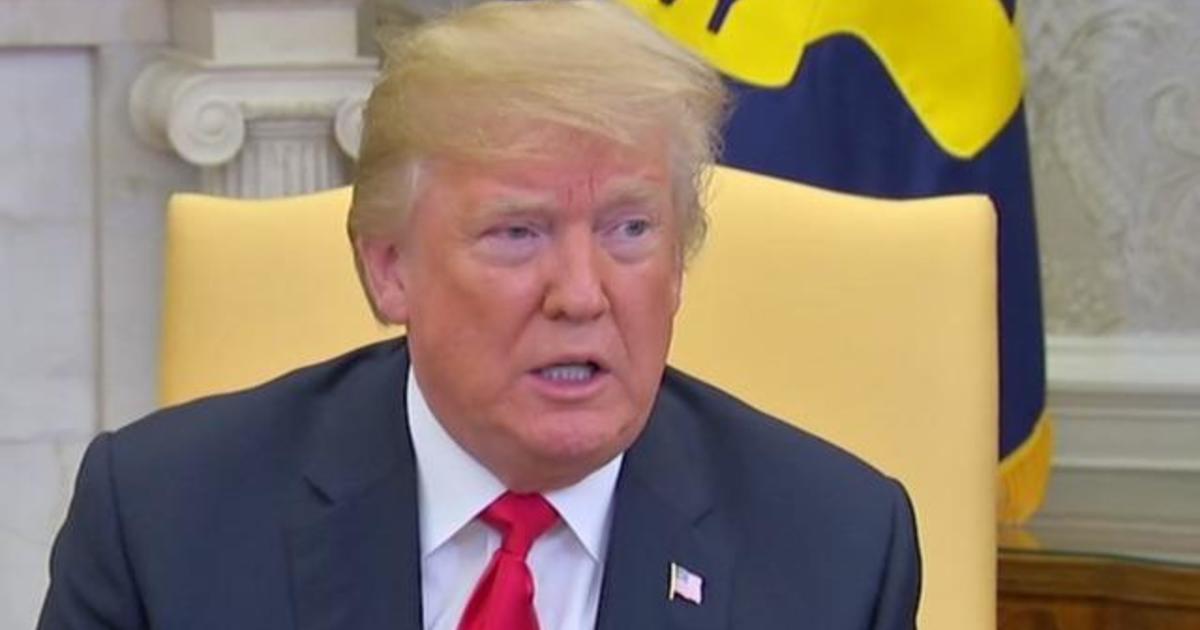
The White House announcement that the U.S. plans to impose a 25 percent tariff on $50 billion worth of Chinese goods is hardly the only trade issue in play over the next several weeks. The exemption for European Union countries under the steel and aluminum tariffs expires June 1. And North American Free Trade Agreement (NAFTA) discussions are still ongoing. All this promises to make for a busy June.
The China announcement comes after public hearings this month and fewer than two weeks after Treasury Secretary Steve Mnuchin said a trade war was “on hold.” The tariffs discussed on Tuesday will cover goods related to Beijing’s “Made in China 2025” plan. A full list will be released by the U.S. June 15 and “imposed on those imports shortly thereafter,” the White House said in its statement. But pay attention. That could change, like a lot of the events tied to Mr. Trump’s tariffs.
Indeed, U.S. Commerce Secretary Wilbur Ross has a visit to China scheduled at the end of this week for more negotiations.
“It’s a reminder that the administration hasn’t ruled out implementing the tariffs, and will add to the pressure on the Chinese side to sign big orders for U.S. agricultural and energy goods during Sec. Ross’s visit,” said Michael Pearce, senior U.S. economist for Capital Economics, in an email.
Here’s what’s in play now and in the next couple of weeks on trade:
China tariffs
Tuesday’s announcement on tariffs also comes after back and forth on Mr. Trump’s changing stances on Chinese telecommunications company ZTE in the past week.
U.S. companies have overwhelmingly fought against tariffs as a way to rein in Chinese abuses of U.S. technology, and they did so again on Tuesday, arguing the levies hurt the U.S. consumer more than the Chinese consumer. China itself has readied retaliatory measures.
“Tariffs do not work — point blank,” said Dean Garfield, CEO of the Information Technology Industry Council (ITI), in a statement. “Moving forward with tariffs on goods imported from China will harm U.S. consumers and businesses, and will fail to change China’s discriminatory and damaging trade practices.”
Chinese investment in the U.S.
By June 30, the U.S. will also announce investment restrictions and “enhanced export controls” for Chinese “persons and entities related to industrially significant technology,” according to the White House statement. It added that the U.S. “will continue efforts to protect domestic technology and intellectual property, stop noneconomic transfers of industrially significant technology and intellectual property to China, and enhance access to the Chinese market.”
The moves come as Congress advances legislation to more stringently regulate foreign investment in U.S. companies, including those from China. Known as the Foreign Investment Risk Review Modernization Act (FIRRMA), the bill aims to strengthen the Committee on Foreign Investment in the U.S. (CFIUS), a panel that reviews cross-border mergers for their impact on U.S. national security. On May 22, the Senate banking committee voted 25-0 to advance the legislation.
Meanwhile, across the Atlantic
The EU is preparing to unleash its own set of retaliatory tariffs as an exemption from the steel and aluminum taxes imposed by the Trump administration earlier this year for Europe is set to expire June 1.
Any “restrictive quotas” by the U.S. means the European Commission would prepare for immediate retaliation, European Union Trade Commissioner Cecilia Malmstrom said on Tuesday, according to Bloomberg. The EU has prepared tariffs on U.S. goods including motorcycles, jeans and bourbon.
Mr. Trump’s strategy of bilateral, rather than multilateral, actions comes into play here, Capital Economics’ Pearce said, because the U.S. has a limited capacity for doing trade deals.
“To the extent to which negotiations with the Chinese step up, that makes it more likely that NAFTA negotiations drag on and steel/aluminium tariffs continue to get extended month to month,” Pearce said. The metal tariffs are already having some impact on U.S. businesses.
Turning cars into bargaining chips
Just last week, the Trump administration threatened to slap heavy tariffs on imported cars to protect U.S. national security. That sparked an outcry not only from the auto industry but also from members of the president’s own party.
That effort is seen as a way to gain a bargaining chip in stalled NAFTA talks with Canada and Mexico.
Mexico is the top exporter of passenger vehicles and light trucks to the U.S followed by Japan, Canada, Germany and South Korea, according to the Department of Commerce.
–The Associated Press contributed to this report

